Russia’s actions toward Ukraine are fueling speculation about whether Beijing might replicate Moscow’s moves and seek to seize Taiwan by force. Such superficial analysis should not induce public anxiety in Taiwan or command the attention of Taiwan’s leaders, writes Ryan Hass. This moment is an opportunity for Taiwan’s current and future leaders to instill confidence in Taiwan’s future. This piece originally appeared in the Taipei Times.
Russia’s intimidation of Ukraine is inviting media commentators to question American strength and credibility. It is fueling speculation about whether Beijing might replicate Moscow’s moves and seek to seize Taiwan by force. Such superficial analysis should not induce public anxiety in Taiwan or command the attention of Taiwan’s leaders. To be sure, there are lessons for Taiwan’s leaders to draw from events in Ukraine, but these are not them.
President Vladimir Putin is the sole author of the crisis unfolding in Ukraine. Russia is the aggressor and aggravator of tensions. That said, the outlines of the crisis were foreseeable and foreseen. When he served as U.S. ambassador to Russia from 2005-2008, current Central Intelligence Agency Director Bill Burns warned that offering a path to NATO membership for Ukraine would amount to “throwing down the strategic gauntlet.” Burns cautioned then that Russia would respond by meddling in Crimea and eastern Ukraine and taking bolder moves over time to seek to preserve Ukraine within Russia’s orbit. He reflected in his memoir, “The Back Channel,” that President George W. Bush’s decision to announce support for Ukraine’s future membership in NATO at the 2008 Bucharest Summit left the United States in the worst of both worlds — indulging Ukraine’s aspirations for NATO membership, a pledge on which the outgoing Bush administration was in no position to deliver, while at the same time reinforcing Putin’s view that the United States was indifferent to his warning that such an outcome would represent an existential challenge to Russia’s national identity.
In the years that followed, U.S. and European officials spoke resolutely in support of Ukraine but did not match words with commensurate actions. As Russia’s invasion of Ukraine in 2014 highlighted, muscular rhetoric did little to deter Putin’s attempts to claw back greater control over Ukraine’s destiny.
The first lesson for Taiwan of the unfolding crisis in Ukraine is that words cannot substitute for the hard work of bolstering deterrence and resilience. Ukraine’s experience should induce a greater sense of urgency in Taiwan to overcome bureaucratic and partisan obstacles to coalescing around a defense strategy that is appropriate for Taiwan’s threat environment and resource constraints. Given the significant gap in national resources between Taiwan and China, it is inconceivable that Taiwan could prevail over China in a war of attrition. Instead, Taiwan likely will need to bolster deterrence by concentrating investments in military capabilities that target an invading force at its point of maximum vulnerability near Taiwan’s shores.
The second lesson is to tune out the comparisons between Ukraine’s situation and Taiwan’s security. Such analogies are unwarranted by observable realities. Ukraine, with its land border with Russia and Belarus, is more vulnerable to Russian ground forces than Taiwan with its 100-mile moat is to the People’s Liberation Army. Taiwan is America’s ninth-largest trading partner, above India and France. Ukraine ranks 67th. Taiwan occupies a central place in global value chains. Ukraine’s GDP per capita ranks 135th in the world per the International Monetary Fund. Taiwan serves as a powerful example of a prosperous liberal democracy. Ukraine sits at 122 out of 180 countries in Transparency International’s Corruption Perception Index. None of these facts invite or condone Russian attempts to alter national boundaries through use of force. They simply highlight the contrast between Taiwan and Ukraine.
This distinction is understood at the highest levels of the Biden administration. In a recent interview, national security adviser Jake Sullivan explained, “The Taiwan Relations Act is a unique instrument — we don’t have it with other countries; we don’t have it with Ukraine — that does talk about American commitments to support Taiwan in various ways.”
The Biden administration already has ruled out U.S. military intervention in Ukraine. Part of their justification for doing so is to keep focus on threats in the Indo-Pacific. Within the Indo-Pacific, there is no security issue in Washington that commands greater attention than Taiwan.
Geostrategic shifts often create unanticipated outcomes. For example, the Truman administration originally decided not to intervene in the Chinese civil war to defend Taiwan from an expected Chinese Communist Party invasion. After the onset of the Korean War, Truman reversed course and dispatched the 7th Fleet to defend Taiwan. From then until now, Chinese forces have not crossed the Taiwan Strait and landed on Taiwan.
Events in Ukraine similarly could spur unanticipated outcomes. They could accelerate efforts to bolster Taiwan’s deterrence posture. If this proves the case — a big if — Washington and Taipei would be wise to heed former president Theodore Roosevelt’s guidance to “speak softly and carry a big stick.” This moment calls for steady, determined, disciplined, unified efforts to strengthen Taiwan’s defensive capabilities, not loud rhetoric about ideological struggles or alterations to America’s declaratory policy on Taiwan.
Most importantly, this moment is an opportunity for Taiwan’s current and future leaders to instill confidence in Taiwan’s future. Beijing’s aim is to induce a sense of fatalism within Taiwan. Nothing would provide a more powerful counter than progress toward strengthening Taiwan’s political unity and national security.
The Brookings Institution is committed to quality, independence, and impact.
We are supported by a diverse array of funders. In line with our values and policies, each Brookings publication represents the sole views of its author(s).

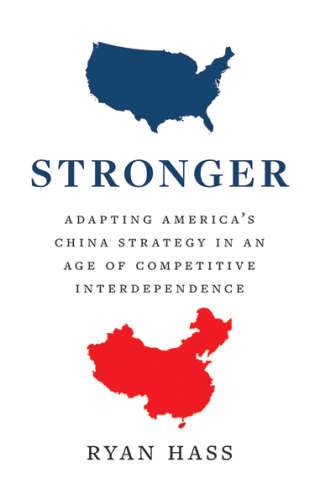
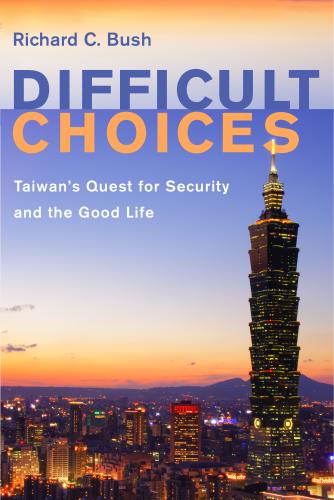
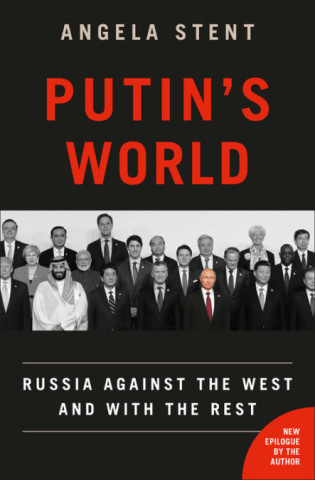
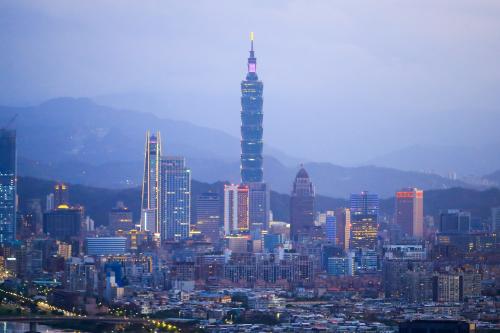
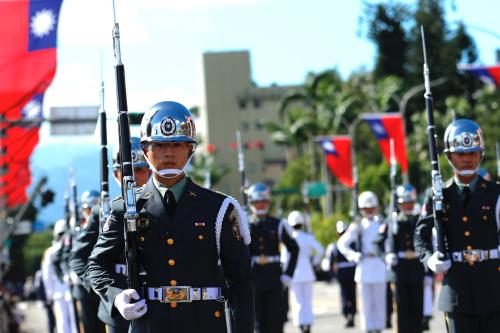
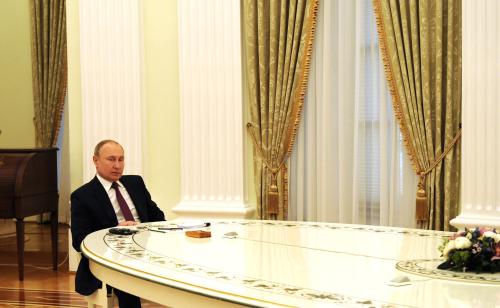



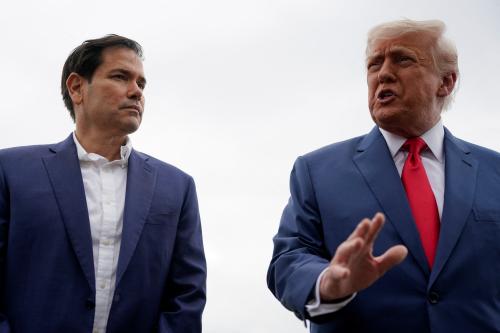
Commentary
Learning the right lessons from Ukraine for Taiwan
February 22, 2022